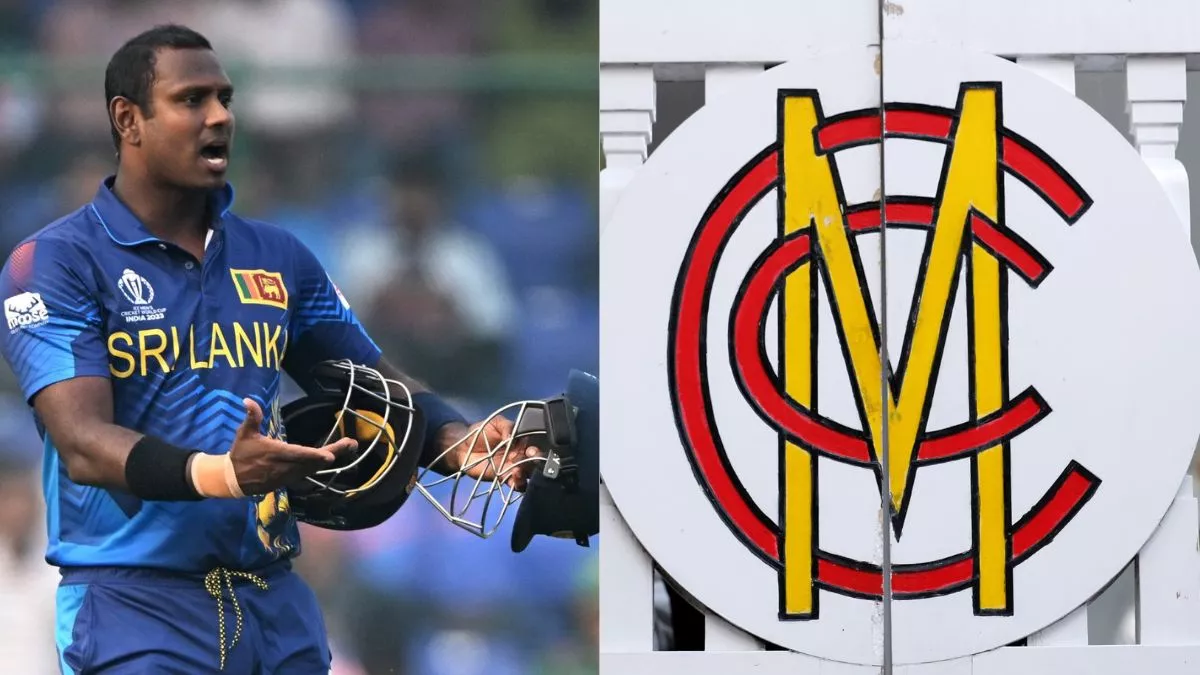The controversial dismissal of Angelo Mathews during the 2023 World Cup match between Sri Lanka and Bangladesh has stirred up a storm in the cricketing world. Bangladesh skipper Shakib Al Hasan appealed, leading to the timed-out dismissal of the former Sri Lanka captain, Angelo Mathews. Mathews failed to face the next delivery after the dismissal of Sadeera Samarawickrama.
Mathews expressed his discontent, labeling Shakib’s act as “disgraceful” and criticizing the fourth umpire.
The MCC, guardians of the Laws of Cricket, have given their verdict on the dismissal and have responded to”video evidence.”
According to ICC, the incoming batter must be ready to face the ball within two minutes of the previous batter’s dismissal or retirement. In their statement released five days after the match, MCC emphasized the crucial aspect of Law 40.1.1. The law states that merely being on the field or the crease is insufficient to avoid this form of dismissal. The batter needs to get ready to face the bowler within the given time.
In Mathews’ case, the umpires determined that he wasn’t ready to face the delivery within the allowed time. The veteran had signaled his dugout for a spare helmet without informing the on-field officials. Shakib, alerted by a teammate about the Timed Out dismissal, appealed.
MCC clarified that if the umpires had been informed about a significant and justifiable equipment-related delay within the two-minute allowance, they could have considered it a new type of delay. However, they stated that both umpires determined the delay happened after the two minutes had passed, and Time had not been called before the appeal.
Mathews, disputing that he took more than two minutes, shared a “video evidence” on social media, stating he had “5 more seconds.” MCC, in their verdict, countered this by providing insights into Mathews’ arrival at the crease, including the time taken and the moment of his helmet malfunction.
“Mathews took more than 90 seconds to reach the 30-yard circle. He seemed to realize he was running out of time and jogged the final few yards to the wicket. His helmet malfunction occurred 1 minute and 54 seconds after the previous wicket fell. At this point, he hadn’t started taking guard and wasn’t ready to receive the ball. When the helmet broke, it seemed Mathews didn’t talk to the umpires. A player would typically talk to umpires when needing new equipment. Instead, he signaled to the dressing room for a replacement. There was no other action for the umpires to take within the Laws of Cricket,” the statement explained.

